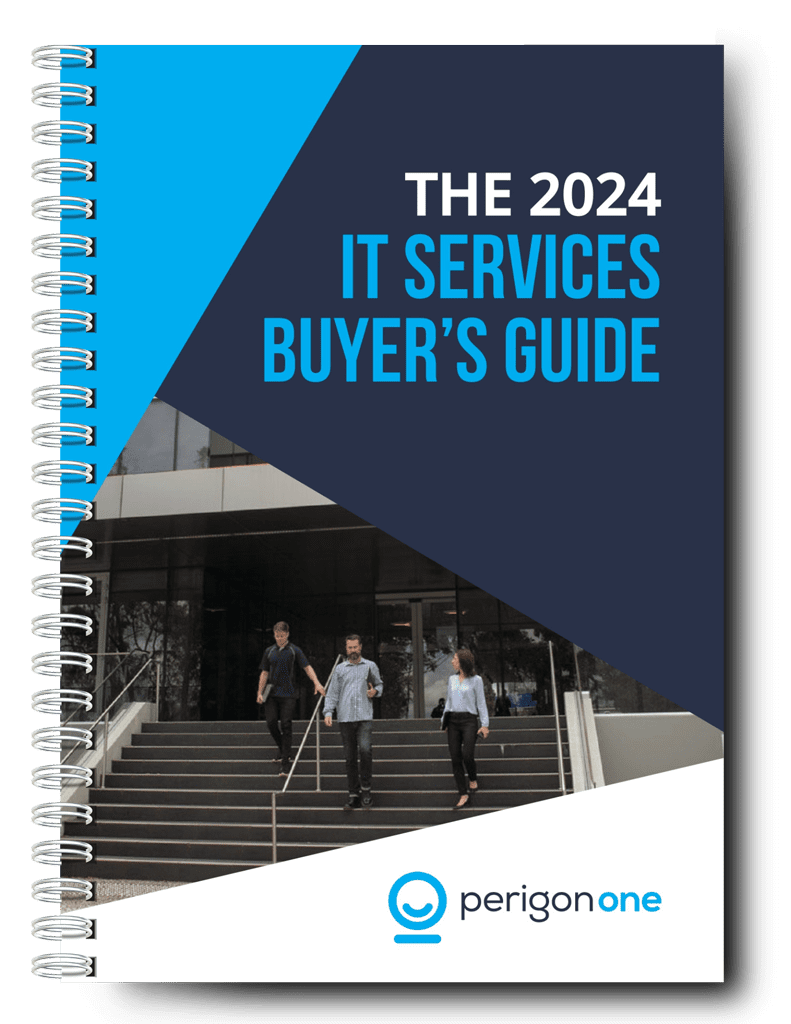When it comes to technology, security and privacy are a constant concern. Today’s tech tip rundown has three little hacks to help you keep ahead of the bad guys.
…You can hide your email address?
At least, you can if you’re an iPhone user. All you have to do is go to Settings > Apple ID > iCloud > Hide my Email. This generates a completely random, unique email address. You can then choose which of your real email addresses you want this new one to forward any incoming mail to.
Hiding your email address is a very useful tool. With a randomly generated email, you can sign up for mailing lists, send off for quotes, subscribe to media sources and so on without your real email address ending up in the hands of third-party marketing companies. This means improved privacy and much less spam in your inbox. Once you’re done using a given address, you can just delete it and generate a new one.
…Hackers can access your data via your phone’s charging port?
We’ve all been in this situation. You’re away from home when you discover that your phone is low on juice – and you forgot to bring your charging cable. Then you spot a free mobile charging station in a coffee shop. You gratefully plug your phone in and watch the battery go from red to green.
It feels like all your problems are solved – but you’ve just taken a big risk. While it’s not a widespread threat quite yet, criminals are increasingly using those charging cables to hack into people’s phones. This is called “juice jacking”, and it works because the same USB connection you use to charge your phone is also used for data transfer.
The best prevention is to carry your own charging cable and plug so that you can find a socket and charge your phone directly from a wall port. Or why not buy a power bank to keep on hand for emergencies?
…There are some passwords you should absolutely never use.
Choosing a memorable password is already a risky business. The details that are most meaningful to us, and therefore easiest to remember – birthdays, house numbers, significant dates – are usually based on information that’s easy for hackers to decode. Sometimes they even use “fun” quizzes and apps to fool people into disclosing that information on social media.
But an amazing number of people make it even easier for criminals to do their job. In 2021, the most common password in the world was 123456. Other highlights from the top twenty list include 111111, 123123, iloveyou and DEFAULT. You can see the full list here.
If one of your passwords is on that list, change it right away. But the best way to avoid making the same mistake again is to use a password manager. This is a type of software that generates random passwords and stores them in its memory, so you don’t have to store them in yours.
The best security tool is a reliable IT support partner like Perigon One. If you want to make your online life safer and easier, just get in touch to book a free initial consultation.


